Library
-
Wirehaired Pointing Griffons demonstrate love and loyalty to family, making the breed a good companion for active owners. Although calm in the house when given plenty of exercise, the breed has a sense of humor and might drag underwear through the house just as the minister comes calling.
-
Wobbly Hedgehog Syndrome (WHS) is a progressive degenerative neurological disease of African and European hedgehogs. The disease causes muscle atrophy and weakness that eventually progresses to partial or full paralysis of the limbs and torso. The clinical signs, diagnostic testing, and supportive care management of WHS are explained in this handout.
-
Xanthine bladder stones are an uncommon type of urinary stone that can occur in both dogs and cats. Xanthine is produced when purines (a component of animal proteins) are broken down within the body. Most cats can further break down xanthine into other substances that are easily excreted, but some cats are deficient in an enzyme that is required for this breakdown to occur. These cats develop elevated levels of xanthine in the urine, resulting in xanthine stones forming within the urinary tract. Xanthine urinary tract stones are typically removed surgically. Affected cats require long-term care to prevent recurrence.
-
Xanthine bladder stones are an uncommon type of urinary stone that can occur in both dogs and cats. Xanthine is produced when purines (a component of animal proteins) are broken down within the body. Most dogs can further break down xanthine into other substances that are easily excreted, but some dogs are deficient in an enzyme that is required for this breakdown to occur. These dogs develop elevated levels of xanthine in the urine, resulting in xanthine stones forming within the urinary tract. They can also form secondary to administration of a medication called Allopurinol. Xanthine urinary tract stones are typically removed surgically. Affected dogs require long-term care with specialized diets to prevent recurrence.
-
As a hairless type, these dogs are good for some allergy sufferers – but meet the dog and find out for sure before you commit. They bond so strongly that they can't be rehomed easily, so you need to be in it for the long-haul.
-
Xylitol is a naturally occurring substance that is widely used as a sugar substitute. It is found naturally in berries, plums, corn, oats, mushrooms, lettuce, trees, and some other fruits. It may also be called wood sugar, birch sugar, and birch bark extract. Xylitol is extremely toxic to dogs. Even small amounts of xylitol can cause hypoglycemia (low blood sugar), seizures, liver failure, or even death in dogs.
-
Yeast dermatitis or Malassezia dermatitis is an extremely common skin disease in dogs. Clinical signs include itchiness, redness, scaly or crusty skin, and foul odor. Diagnosis and underlying conditions are discussed. Treatment involves resolving the underlying disorder and using topical and/or oral medications to treat the yeast.
-
The beautiful, feisty Yorkie acts more like a tough terrier than a delicate toy breed. Despite the luxurious, shiny coat, the Yorkie has a working-class attitude, a fondness for chasing small animals, a big-dog bark, and super-sized self-confidence.
-
Zinc gluconate (neutralized) topical (brand name Maxi/Guard®Zn7 Derm) is an anti-irritant that may provide relief from the dry skin and itching associated with irritating skin conditions in cats, dogs, and other animals. Zinc gluconate (neutralized) topical comes in gel and liquid spray forms.
-
Pets and people need some zinc in their diets. However, too much zinc can cause serious health problems. The amount of zinc required to cause poisoning depends upon the pet’s size, the form of zinc ingested, and how much was ingested. Some forms of zinc are more readily absorbed than others.


